Face Masks Considerably Reduce COVID-19 Cases in Germany
Face Masks Considerably Reduce COVID-19 Cases in Germany
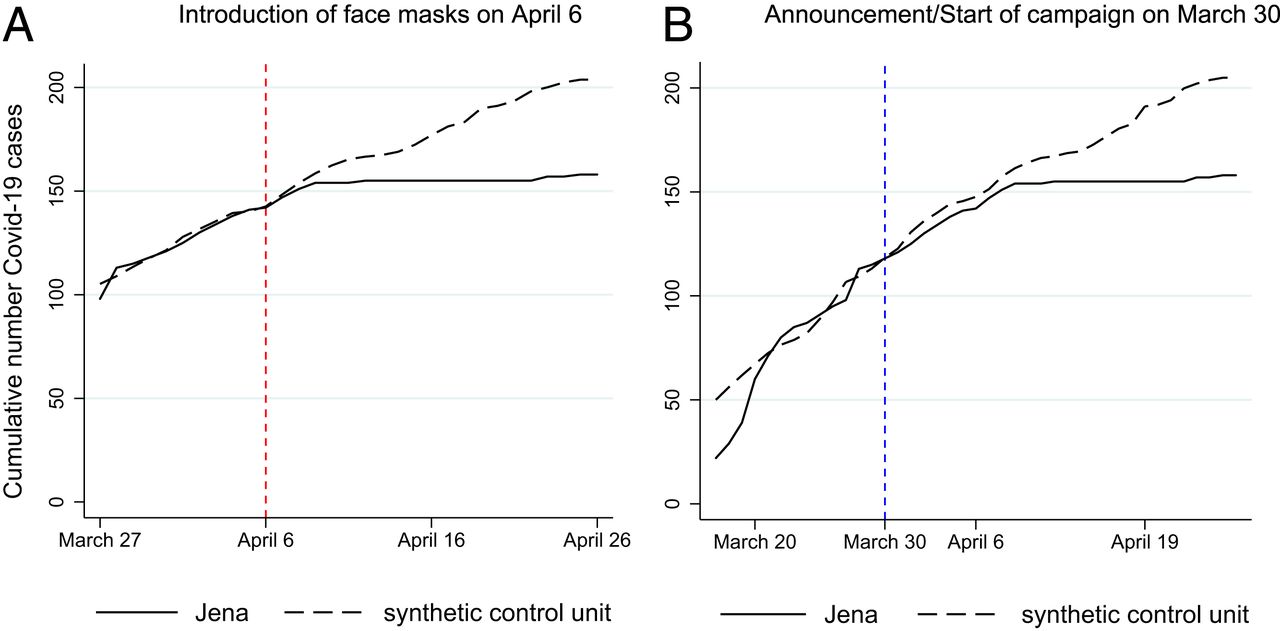
publications
Send us a link


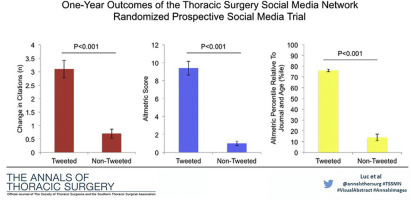
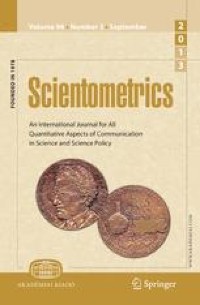
Here, the authors study mentorship in scientific collaborations, and find that mentorship quality predicts the scientific impact of protégés post mentorship. Moreover, female protégés collaborating with male mentors become more impactful post mentorship than those who collaborate with female mentors.
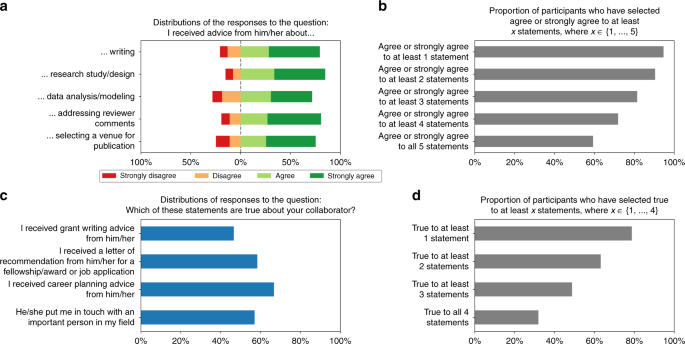
The purpose of this review is to provide the GRANteD project with robust analytical approaches and methodological insights that take into account the state of the art, but it also acknowledges and aims to overcome the main shortcomings and point out the gaps of the existing literature.
COVID-19 has posed an unprecedented challenge to the international scientific community. In one of the largest academic surveys ever conducted, 25,307 members of our academic community participated, representing diverse countries, roles, and areas of research.
"We see a diverse, interconnected, open, professional and viable, developing OS ecosystem in Europe on solid ground; one that is worth investing in. At the same time, this developing ecosystem faces a range of issues that challenge its path to a more open and sustainable future." This is a core conclusion of this new SPARC Europe report.
Cues related to information about open science content and independent verification of author claims were rated as highly important for judging preprint credibility.
This guide wants to inform researchers about the Creative Commons (CC) licence system
Paper describe how LU builds up its support for FAIR data before, during and after research through its involvement in leading practices, training and consultancy and end with recommendations for other universities wanting to implement the FAIR principles.
A look at international activities on Open Science reveals a broad spectrum from individual institutional policies to national action plans. The present Recommendations for a National Open Science Strategy in Austria are based on these international initiatives and present practical considerations for their coordinated implementation with regard to strategic developments in research, technology and innovation (RTI) in Austria until 2030. The recommendation paper was developed from 2018 to 2020 by the OANA working group "Open Science Strategy" and published for the first time in spring 2020 for a public consultation. The now available final version of the recommendation document, which contains feedback and comments from the consultation, is intended to provide an impetus for further discussion and implementation of Open Science in Austria and serves as a contribution and basis for a potential national Open Science Strategy in Austria. The document builds on the diverse expertise of the authors (academia, administration, library and archive, information technology, science policy, funding system, etc.) and reflects their personal experiences and opinions.
The more certain someone is about covid-19, the less you should trust them.
Restoring degraded natural lands highly effective for carbon storage and avoiding species extinctions.

This study examines the composition of academics’ networks at different points in their career and discuss the role of transnational ties within them.
In academia, decisions on promotions are influenced by the citation impact of the works published by the candidates. The authors examine whether the journal impact factor rank could be replaced with the relative citation ratio, an article-level measure of citation impact developed by the National Institutes of Health.
As the rush intensifies to find ways to treat and manage COVID-19, one thing is clear: researchers, along with their counterparts in industry and the health services, need unrestricted access to the research literature.
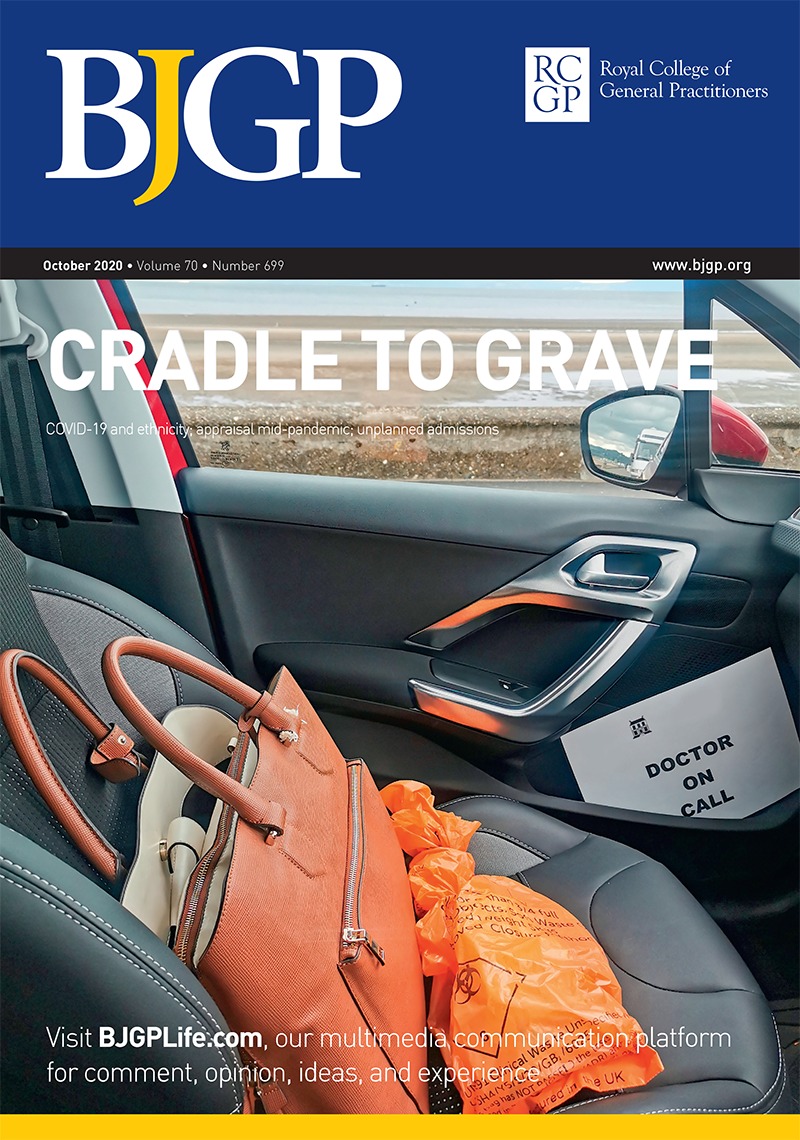
Abstract. The research policy (RP) arena has been transforming in recent years, turning into a policy mix encompassing the diversity of policy instruments embe
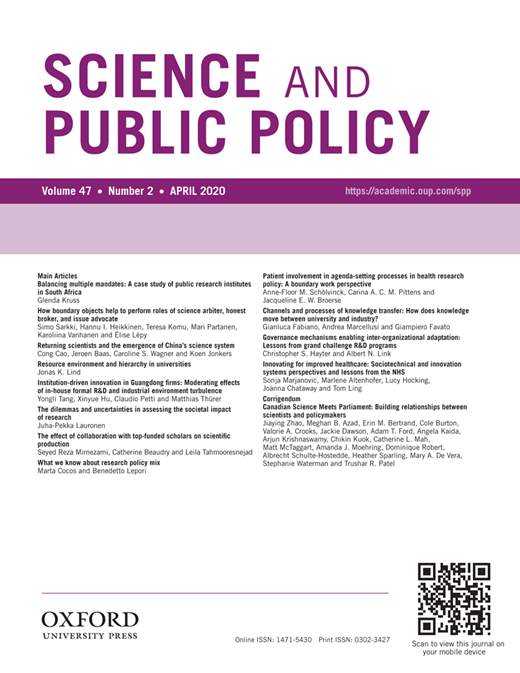
A recent study looked at the number of journals that had "vanished" from the internet. The study is a timely reminder of how vulnerable publishing outputs are. There is an urgent need for a group of organisations to come together to find a solution and minimise this risk.